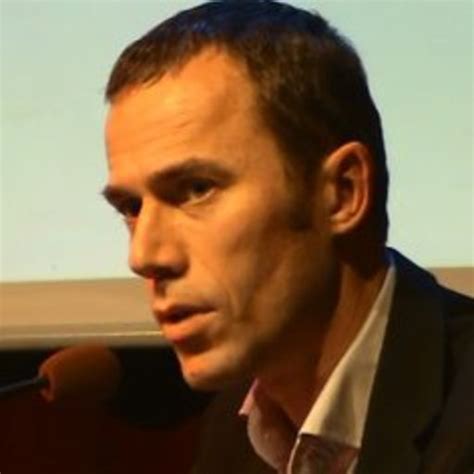A Quote by Sadie Jones
Our minds and memories are crowded with the common experience of nature.
Quote Topics
Related Quotes
When we follow the reversal of normal experience, we find ourselves in an unusual, nearly mad experience. Being in an almost mad experience is not something we should fear: only in such experience are we jarred out of our common sense opinions and beliefs. It opens our minds to other ideas and thought. It makes us think.
I'm interested in the parallel narrative of our fantasy lives. How the moment of 'now' that is palpably real, is surrounded by our memories, our dreams and hopes, the stories and connections that our brains make as we navigate a universe of fantasy, or unreality, or surreality. I'm keen to explore this very human experience, how our minds create our own realities, a blend of fact and interpretation of fact.
There are certain days that are forever locked in our memories. They represent special times, places, and people that we capture in the scrapbook of our minds. Just a fleeting thought of these memories can bring us back to that special time and place as well as the emotion we felt when we were there.
I was really interested in this ability for others to create virtual memories for us. In "The Cartographers" I explore this through Adam Woods, and the company he works for, which produces virtual memories that people can beam into their consciousness. While the technology is sci-fi, the story is also a metaphor for the way love relationships create memories in our minds.
Minds that are stupid and incapable of science are in the order of nature to be regarded as monsters and other extraordinary phenomena; minds of this sort are rare. Hence I conclude that there are great resources to be found in children, which are suffered to vanish with their years. It is evident, therefore, that it is not of nature, but of our own negligence, we ought to complain.
Nature has poured forth all things for the common use of all men. And God has ordained that all things should be produced that there might be food in common for all, and that the earth should be in the common possession of all. Nature created common rights, but usurpation has transformed them into private rights.
Mystical experience of nature can be of particular relevance to our troubled age, bringing deeper into our consciousness and emotions the logic that nature sustains humanity as humanity must, in turn, sustain nature. Rationality alone, however, cannot be our guide in the task of restoring our environment. A spiritual connection to nature must inspire the emotional commitment that is the yin, complementing the yang of intellectual understanding.
I finally figured out that I’m solitary by nature, but at the same time I know so many people; so many people think they own a piece of me. They shift and move under my skin, like a parade of memories that simply won’t go away. It doesn’t matter where I am, or how alone--I always have such a crowded head.







































